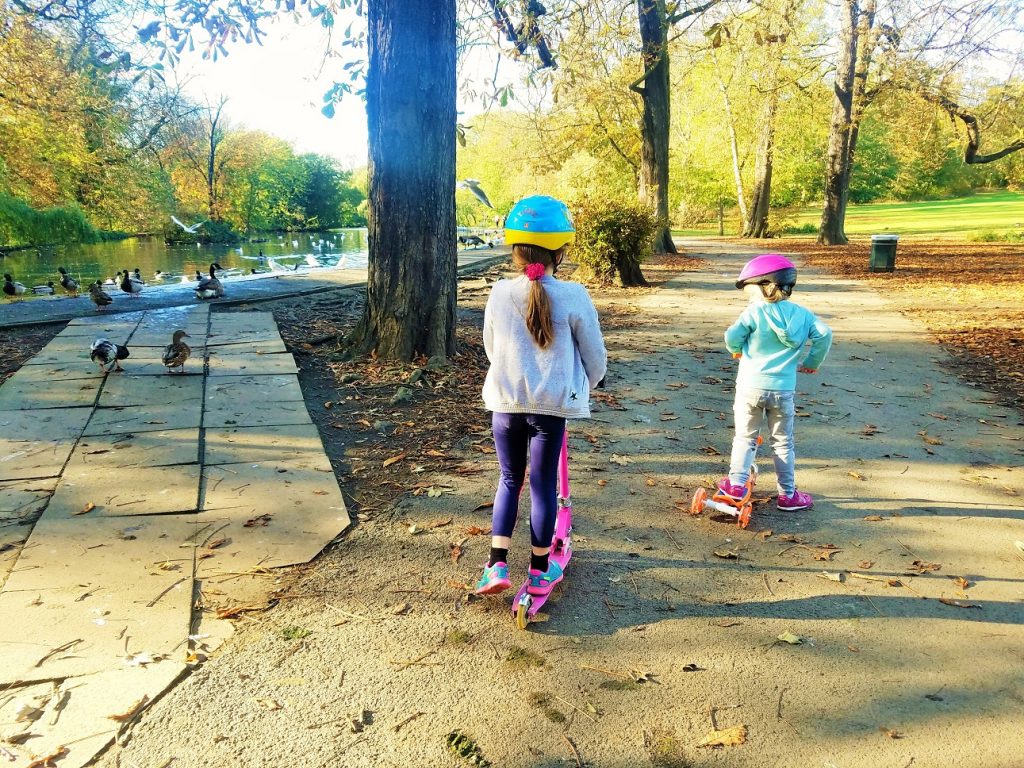
11 Hidden Issues That May Affect Your Child’s Behaviour
Humans are complicated! You can have fifty people attend an event and end up with fifty different opinions of it, because we all digest and interpret things differently. We all have our own hidden issues, past experiences, and individual opinions that impact how we make sense of the world.
And the same is true of children and teenagers.
We wrongly assume kids’ lack of subtlety means we know exactly what they’re thinking and feeling. This simply isn’t true – they have a rich and complex inner emotional life too, just like us.
The problem is, they often can’t put those emotions into words or work out why they feel that way.
Teenagers also struggle with this, often feeling that their emotions are too big or too overwhelming to cope with.
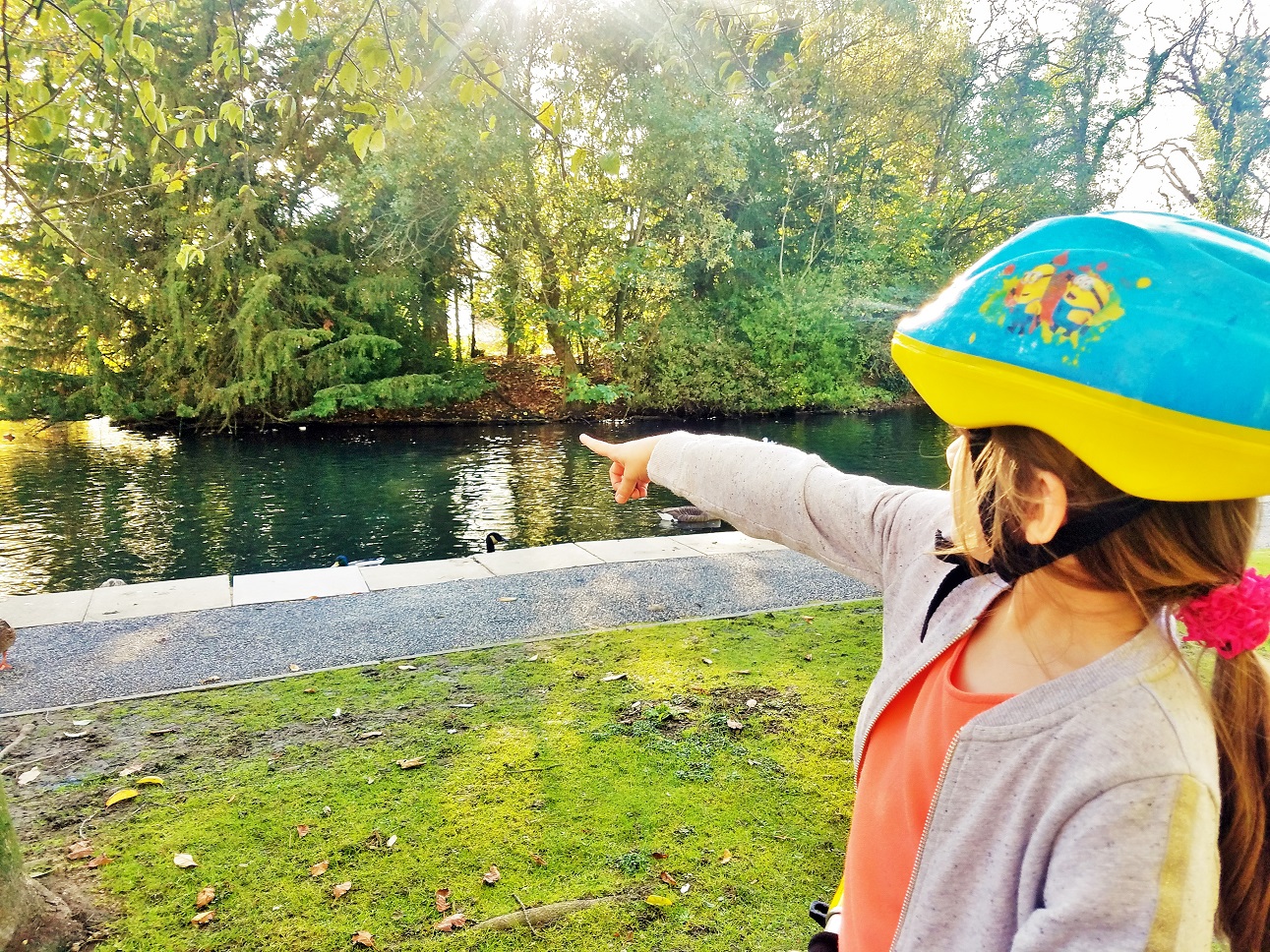
Complex emotions need a vent
Often when children are struggling to understand their emotions and hidden issues, they vent some other way. It’s as though the confusion and turmoil that’s building up needs to escape, like steam from a pressure cooker.
Usually the first signs that our children are struggling with hidden issues is a change in their behaviour. Here are a few things to look out for:
- Being argumentative
- Being disruptive at bedtime
- Getting angry / weepy about school
- Fighting with friends / siblings
- Being easily offended
- Being irritable
- Picking at food / eating lots
- Getting jumpy or nervous
Sometimes a child who seems fine can suddenly snap and overreact to a completely unrelated problem. And at other times, these behaviours start so subtly that you don’t notice at first… and then suddenly you’re 4 months down the line and you can’t remember the last time you put your child to bed without a full-blown tantrum.

Sometimes, the unusual behaviour can be delayed for days, weeks, even months! For example, Jenny had been a big sister for 8 month before she began to get jealous of the baby and started “acting up”.
Just because children adapt initially doesn’t mean that it won’t need dealing with later on.
So don’t dismiss the list of hidden issues I’m about to give you, just because your child hasn’t had any major upheaval in the last few weeks, or because they say they are fine. Children often can’t pinpoint a trigger for these behaviours because they don’t understand their feelings.
If your child has had an obvious change in behaviour, or a regression of some kind, then I’d urge you to consider that your child may be dealing with some hidden issues that you haven’t picked up on. So have a read through the list and see if any apply.
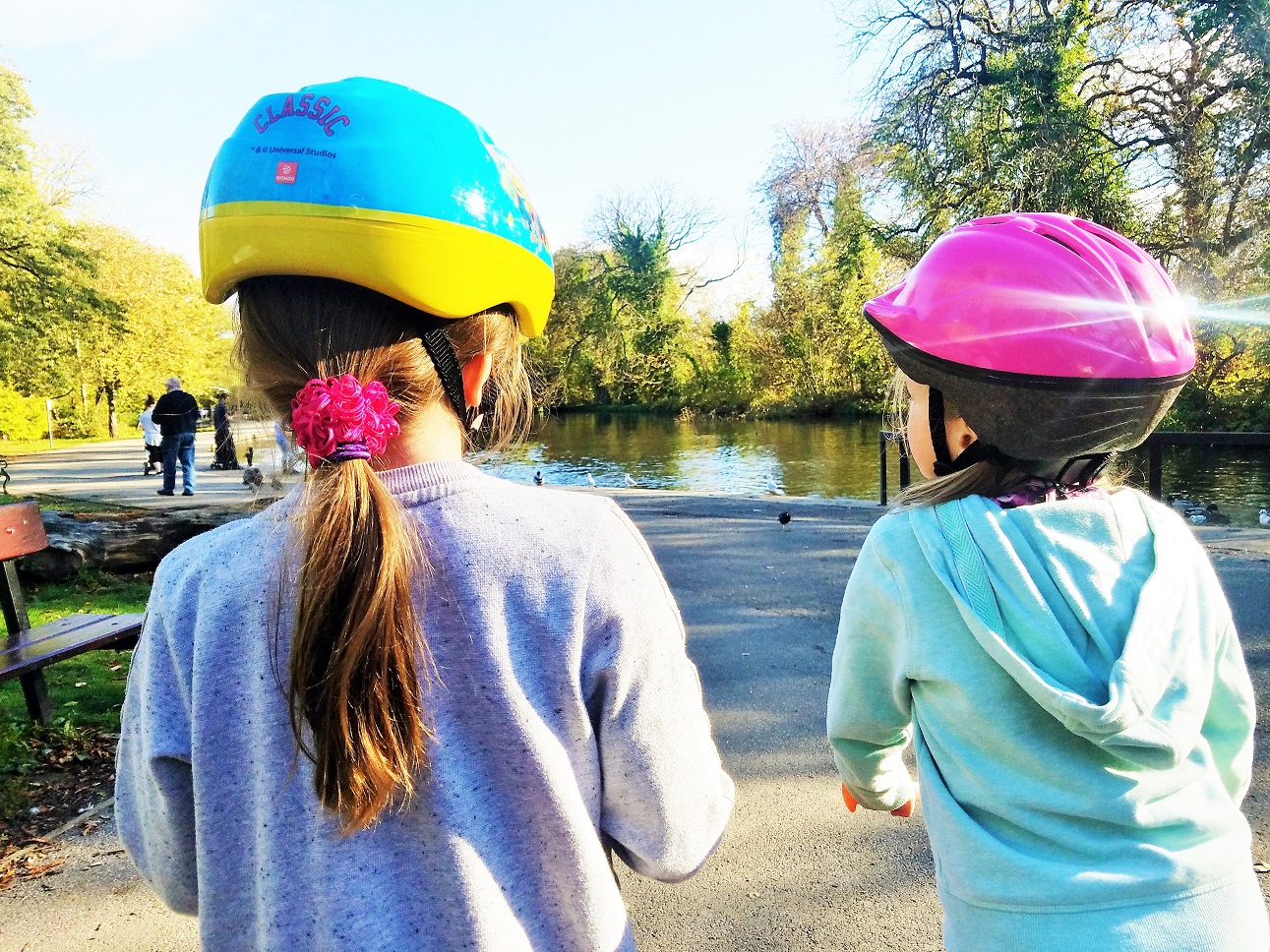
Hidden issues that can affect behaviour in children
So I’m going to share 11 hidden issues which your child may be dealing with and then venting via unusual behaviour. Some of the issues may just need monitoring and some may need tackling head on. But the point is, there may be more to your child’s behaviour than what you are seeing on the surface.
- Tired – physical sleepiness or the exhaustion from problem solving or intense emotions
- Seen / heard something upsetting – may have overheard parents or teachers, or seen someone treated unkindly
- Change in circumstances – new family member, house, childcare arrangement, coat
- Loneliness – struggling to make friends, close friend moving away, sibling rivalry
- Poorly – often feel “under the weather” before the full symptoms hit
- Feeling pressured – worried about tests or being well-behaved or standing up in assembly
- Worried about the future – feeling unable to cope with the challenges ahead or hopeless
- Friendship disputes – falling out, bullying, name-calling
- Low confidence – questioning self-worth, place in family / world
- Mental Health Issues – anxiety, low mood, depression, eating disorder
- Picking up on family tensions – such as money concerns or parental arguments
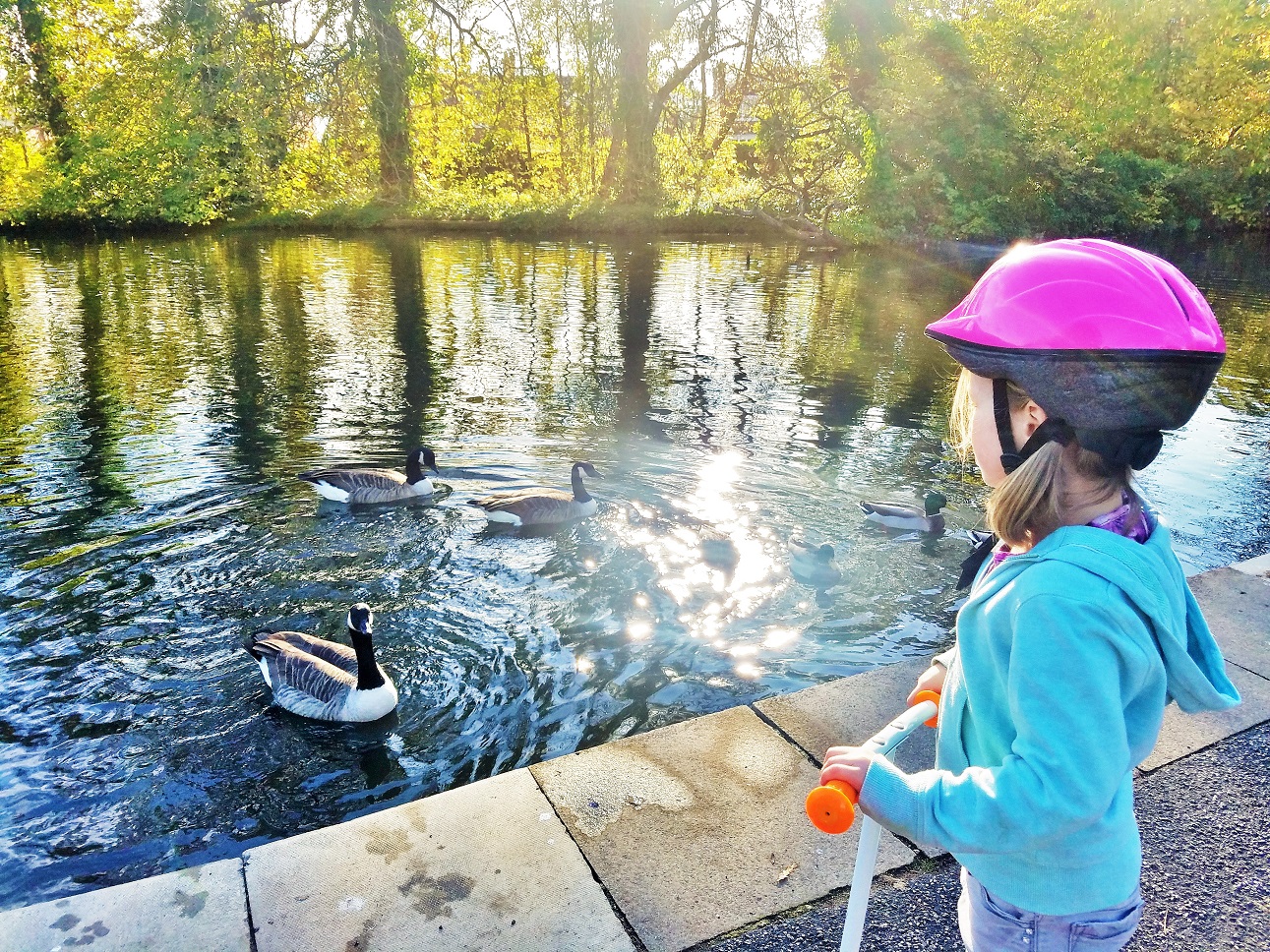
How to deal with hidden issues
So maybe something in that list has got your attention – you’ve realised that perhaps your child could be dealing with one or more of these hidden issues – what can you do about it?
Well, to be honest, a lot will depend on the age of the child and the details of the hidden issues, but trust your instincts! There is no one-size-fits-all solution and you know your child better than anyone else.
But as a starting point, here are some general ideas to get you started.
Listen
Listening is one of the most respectful things we can do. It says to the other person, “You matter. I’m interested in you. I believe you have something to offer.”
For a child struggling with hidden issues, this is an important message because it reassures them that they are not facing these things alone.
Sometimes listening is about asking probing questions to show you are interested, and sometimes it is just about offering to be available when they are ready to share. So play it by ear.
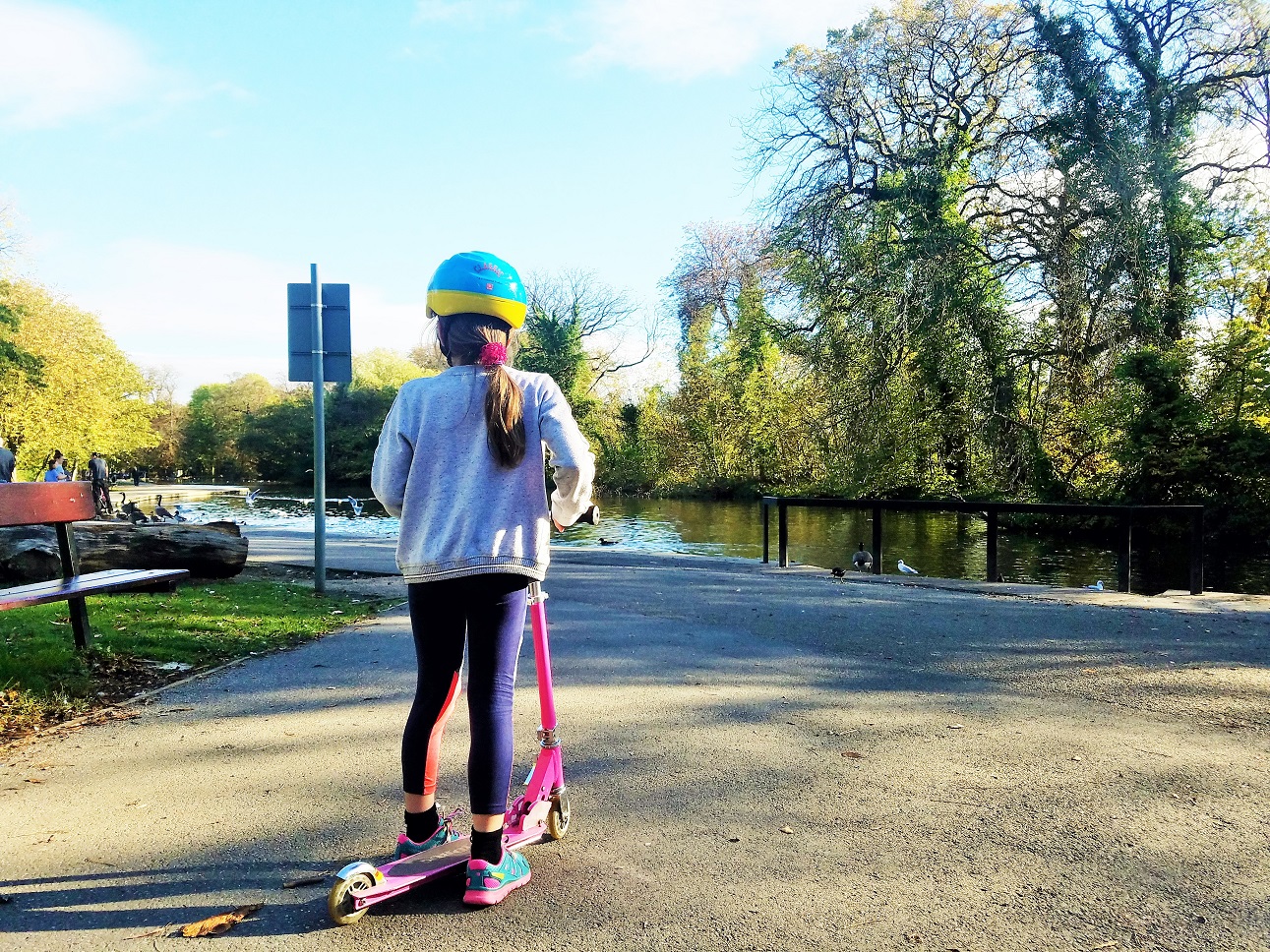
Analyse
Carefully observe your children for clues about their hidden issues. Think carefully about what has happened recently (big things over the last year, or smaller things over the last few weeks and months).
- When did the behaviour start?
- Does it focus around a particular time or activity?
- What makes it better / worse?
Remember, your child may not know themselves what the underlying cause of their behaviour is – they just know that something is bubbling inside and it makes them lash out. As parents, we need to piece the clues together for them.
Empathise
Don’t belittle their emotions or worries – things that may seem small or insignificant to us can feel insurmountable to a child.
Instead, try to think of a time when you were in a similar situation or felt a similar emotion. Reassure them that these emotions are an understandable reaction to this problem, and let them know that emotions are healthy and useful when channelled in the right way.
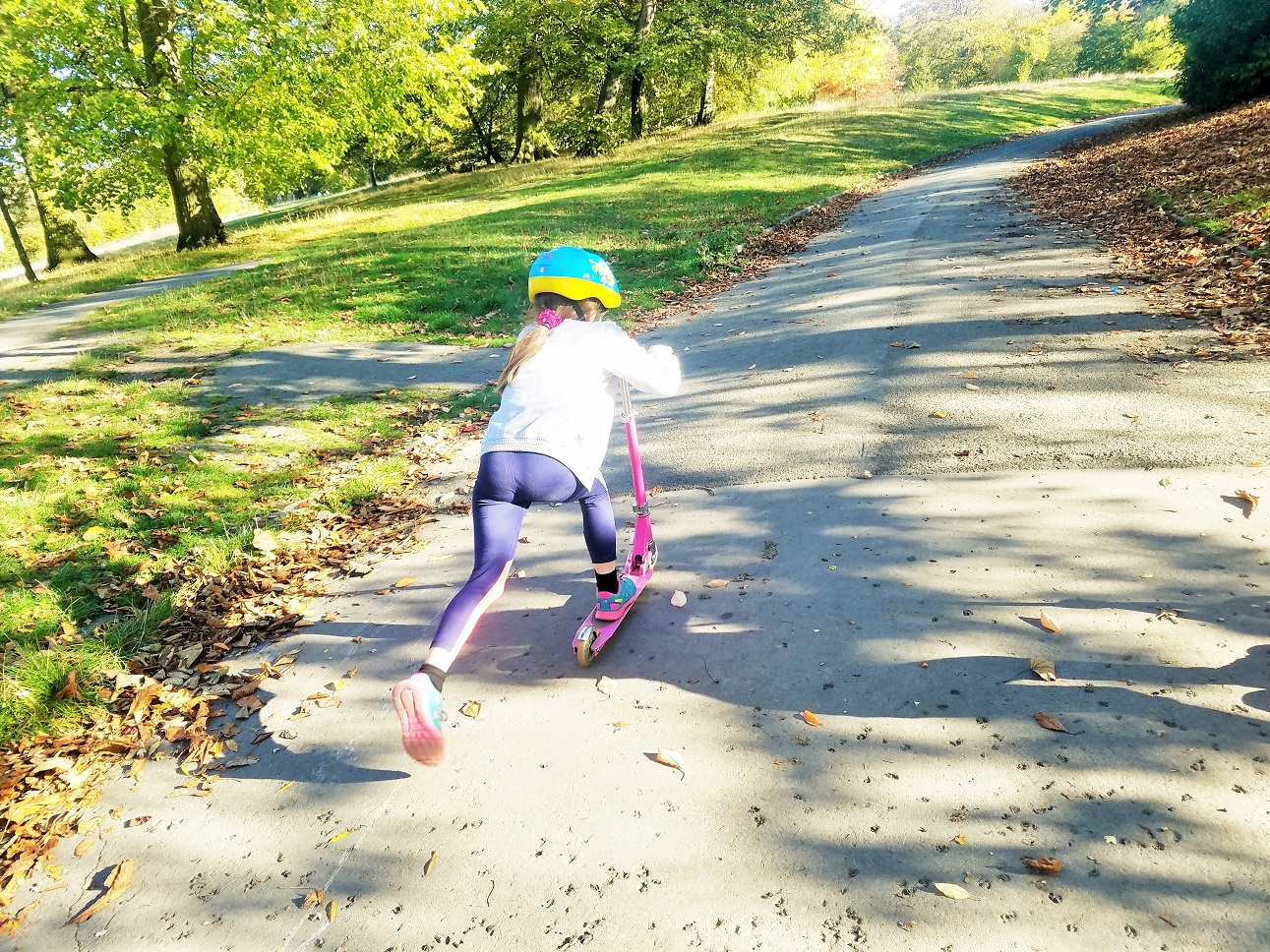
Lavish positive attention
When children lash out due to hidden issues, it’s easy to just see the bad behaviour and get angry.
However, if you look down the list of hidden issues I mentioned, many of them are linked to feelings of insecurity, overwhelm, inadequacy. So getting angry will actually make things much worse as you will be confirming your child’s worst fears.
Instead, lavish extra attention on them, treat them, and spend one-on-one time with them. This will build up their confidence, strengthen your bond together, and give your child the opportunity to share what is on their heart.
Most, if not all, of the hidden issues in the list will be helped by spending quality one-on-one time together.
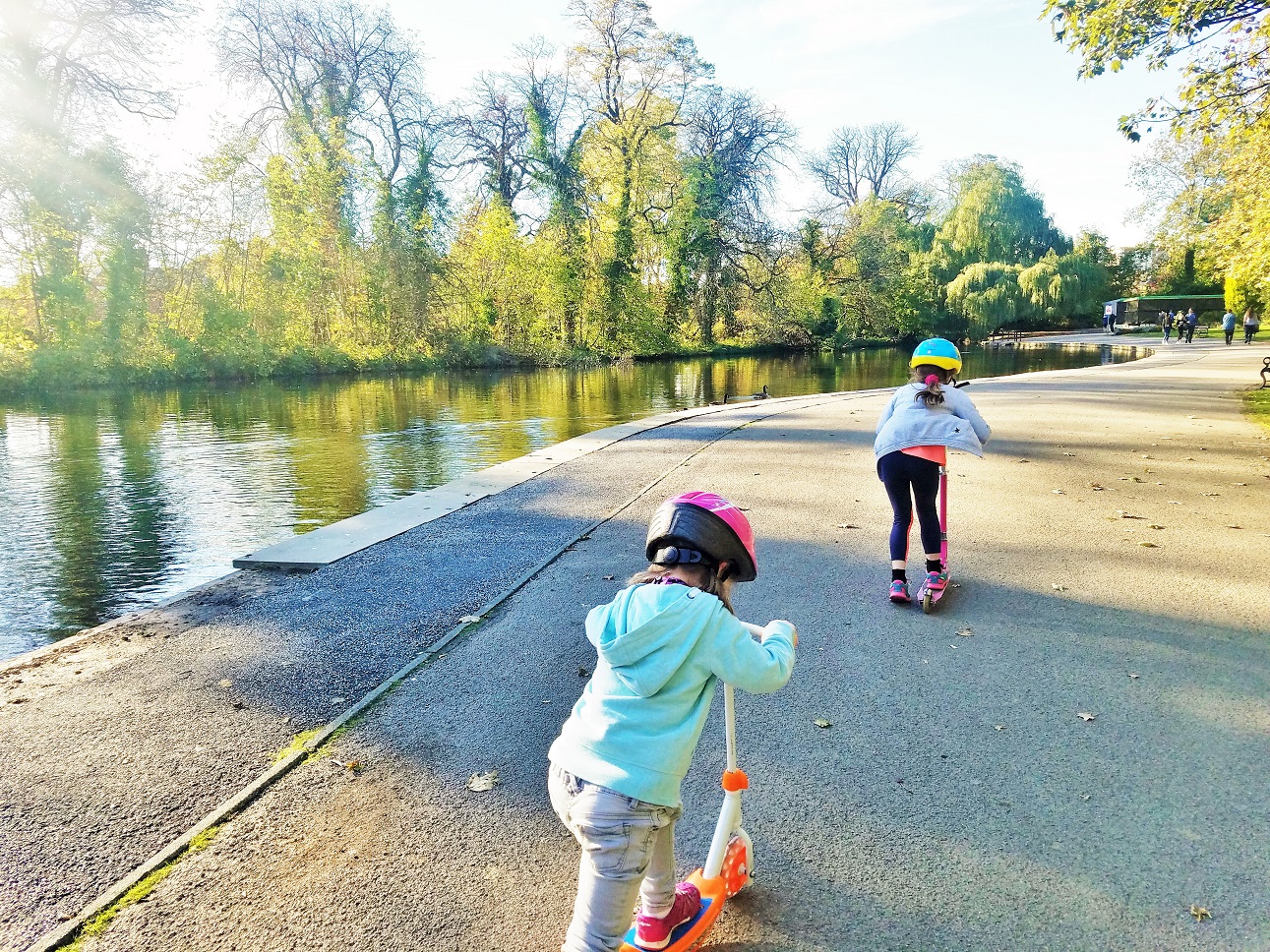
Have you ever discovered your child is dealing with one of these hidden issues? How long did it take you to realise what was going on? Do you find it easy to look for underlying causes or is it hard to see past the bad behaviour? Join the conversation by leaving a comment below.
PIN it for later:
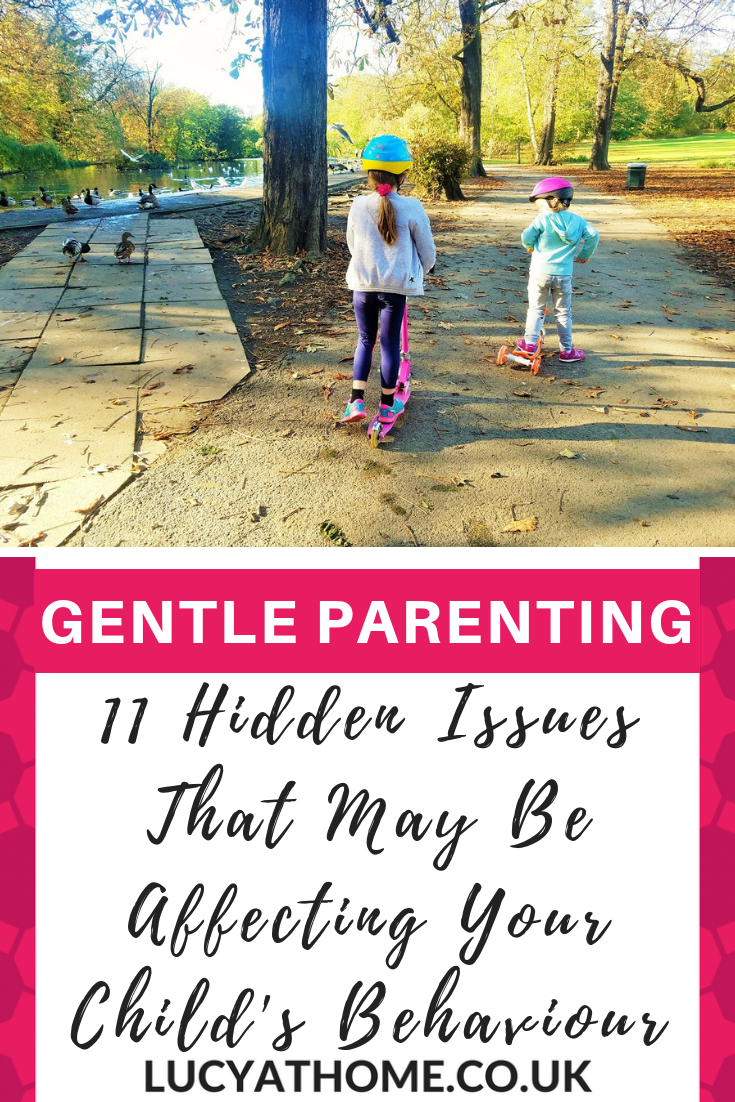

I found that when my second child was born my eldest became very jealous and acted out to try to get attention. When I was feeding the baby I had a special box that my eldest could pick something from to play with. It helped to make it a special time for her, rather than a time where she felt isolated. We also did simple craft activities or cooking when the baby was having a nap. It allowed us to have some 1-1 time together and she really looked forward to it. As I didn’t have much time to prepare activities I used art invitations like these https://squidgydoodle.co.uk/invitations-to-create/ It meant that we could make the most of the short time we had, rather than spending it all setting everything up. #BlogCrush
I always live by the mantra – “there’s always a reason” at both home and work.
I’m not perfect and I loose my cool but I try and step back and look at what’s causing the behaviour. I also find it interesting that children are expected to be polite, happy, bouncy and in good modds all of the time and yet as adults, we find this near impossible. Children are human and will have bad days too. #blogcrush
Fabulous post as always Lucy, I hope it helps lots of Parents out there. It’s so important to pick up on your child’s mood, they are not always forthcoming in telling you what’s wrong and often the behaviour can get out of control. We can forget that kids have problems too. x
#blogcrush
I know that the most frustrating thing for our toddler is not being able to put into words how she feels. She does get so frustrated with herself. It is great to get a guide like this to remind me to be asking her and trying to listen to her. Thank you #BlogCrush
Some great advice here. Thanks for sharing it!#BlogCrush
Wonderful post, Lucy! My three-year-old son and I like to talk about feelings and moods now. He is learning to express what he really feels. Now I need to learn to accept his feelings for what they are, and not try to “change” them into something “positive” all the time. It’s okay to feel sad and it’s okay to feel angry, etc. What’s important is that they feel validated and they can be honest with us. #BlogCrush
Oh such a tricky one this. We’re having a few issues with our youngest since she returned to school after the school holidays. Very sound advice to remember the trigger may be something that happened ages ago. Emotions are not necessarily linear or chronological. Sound good advice here and thanks for hosting #blogcrush.
So true, there usually is something underlying their behaviour. Funny how they express themselves in extremes at times, like eating too much or hardly anything. It always takes patience and persistence in getting them to open up, relating to my teen aged daughter is so different to my 9 year old but they both benefit so much from quality time with me. #blogcrush
Oh this post is good, and such an eye opener! When it comes to my daughter and when she behaves in certain way we always try our best to help her so her behaviour doesn’t get worse. #BlogCrush
This really worries me at the moment Lucy, since we’ve left the home our tot has known all his life and are now settling into a new country. He’s still asking after his old friends, nursery and house, but I think it might start to take its toll on him soon. Thanks for articulating all this so well and setting out ways to cope too. #BlogCrush
I cannot thank you enough for this post. There are so many takeaways. Thanks again Lucy. Keep inspiring.